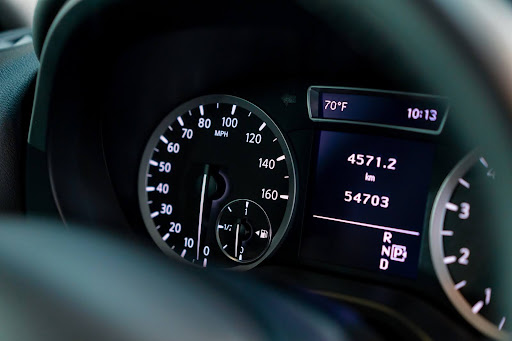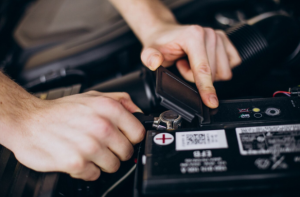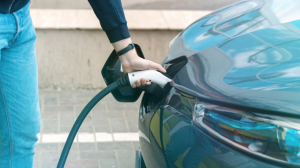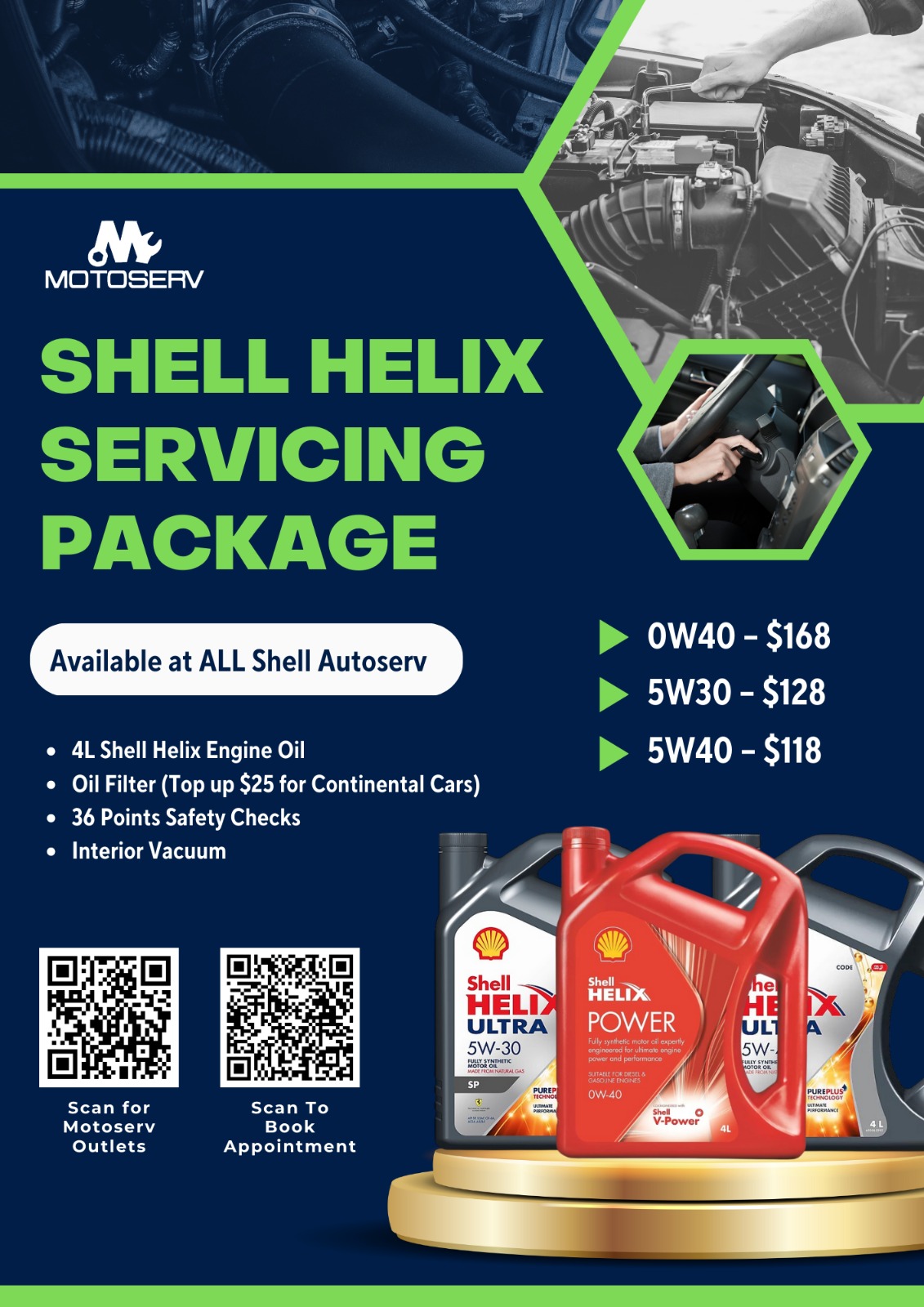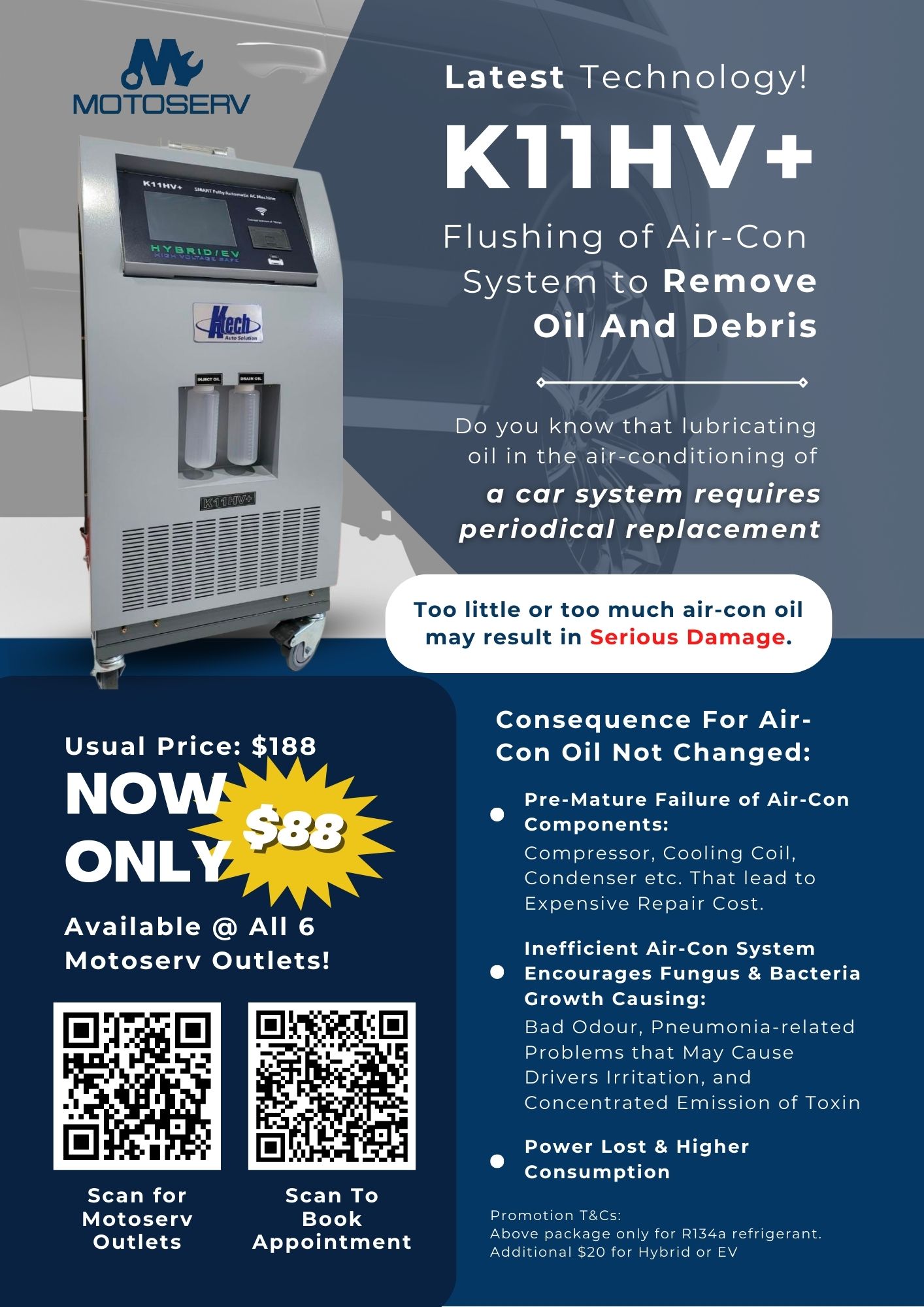Look at the dashboard behind your steering wheel – what do you see? Probably a bunch of indicators and symbols that point to your fuel, engine, doors and hand brakes. You’ll probably see the odometer reading too, an instrument that measures the distance travelled by your car.
This is called “mileage” and it plays a big role when it comes to car value. Let’s take a look at how important mileage is when buying a used car:
Resale Value
Mileage heavily influences a car’s resale value. Buyers typically prefer cars with lower mileage because they are perceived to be in better condition. As a result, cars with higher mileage often sell for less.
If you plan to sell a used car in the future, consider how its mileage will affect its value down the line. If you’re planning to buy one, consider finding a vehicle with moderate mileage and a good maintenance record.
Vehicles with 10,000 to 15,000 Kilometers per year often strike a good balance. A well documented service history can also offset the concerns of high-mileage vehicles.
Indicates Wear and Tear
Mileage indicates the wear and tear a car has undergone. Generally, the higher the car mileage, the more wear and tear the vehicle has experienced.
Parts like the engine, transmission and other critical components may have more wear if the car is driven extensively. Lower mileage usually suggests that the car was used less, potentially leading to fewer issues.
Nonetheless, there are cases where high-mileage vehicles are in better condition than low-mileage cars. That’s why you should test drive any second hand vehicle before making a decision.
Maintenance Costs
A car service is essential for all vehicles. But high-mileage cars will probably cost more when it comes to maintenance. These cars tend to have more issues, and they go beyond your regular oil changes.
You need to factor in costs like brake replacements, transmission overhauls, tire rotations and other significant repairs. These repairs can take a big chunk of your cash so always budget accordingly.
Conversely, a low-mileage car should be cheaper to maintain although they have a higher purchase price.
Fuel Efficiency
Fuel efficiency is highly sought after, especially in this economy. This is due to the volatile nature of petrol price and the impact they can have on your expenses. High-mileage cars might experience a drop in fuel efficiency due to wear and tear.
And when fuel burns faster, so will your cash flow! On the other hand, low-mileage vehicles should have better fuel economy. This will not only save you a buck at the pump, but also ensure better performance while you’re on the road.
Warranty Coverage
Some used cars come with a portion of their warranty. This is often tied to mileage where for instance, a car might have a 5-year/100,000-kilometre warranty.
If a used car has low mileage, there might still be substantial warranty coverage remaining. Conversely, high-mileage cars are more likely to be out of warranty. This can potentially increase the financial risk if major repairs are needed.
Choosing the Right Car: Mileage vs Age
Mileage and age are often associated with resale value. They are both important but which one is more reliable? While mileage is an indicator of how much a car has been used, age refers to the potential deterioration of that car.
An older car might also be rendered technologically obsolete. This will cause it to depreciate more, reducing its appeal and value over time. All in all, a newer car with more mileage is usually more reliable than an older car with less mileage.
You should also look at other factors such as:
Service Record: The service history provides valuable information into its past maintenance. Remember to check for consistent maintenance and repairs because a detailed service record indicates the car has been well-cared for.
And a well serviced car helps avoid future issues that could cost a lot of money.
Driving Conditions: Understand the type of driving the car has been subjected to. Highway kilometers are generally less stressful on a vehicle than city kilometers. This involves more stop-and-go driving that can wear out brakes and the transmission faster.
In other words, cars that have 50,000 kilometers on the highway will run better than cars that were driven the same distance in stop and go traffic.
- Previous Ownership: The number of previous owners can give you an idea of the car’s reliability and performance. Fewer owners usually suggest a more stable history, whereas multiple owners in a short period might indicate recurring problems.
- Accident History: A car that has been in major accidents may have underlying issues that are not immediately apparent. A clean accident history can be a strong indicator of the vehicle’s overall health.
- Condition of Components: Check the condition of major components like the engine, transmission, brakes, and tires. Even if the mileage is low, worn-out parts can lead to expensive repairs down the line.
So What’s Good Mileage for a Used Car?
What’s the magic mileage number? There’s never a perfect answer but 50,000 to 100,000 are considered the sweet spot. You can potentially find cheap, yet sturdy cars within this range. They can even last for years given their condition and how well you maintain it.
Nonetheless, it’s important to consider all the factors above to ensure the best outcome for your purchase. If you need a car inspection or service, don’t hesitate to contact us for help!

